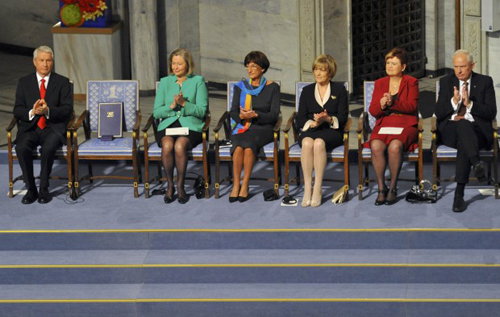L'uomo che sfidò Pechino
Nel 2010 alla cerimonia di consegna del premio Nobel per la Pace la sedia vuota di Liu Xiaobo fu un plastico esempio della sistematica violazione dei diritti umani in Cina.
Nella primavera del 1989 Xiaobo si trovava a Pechino. Come per migliaia di altri studenti e intellettuali, piazza Tiananmen rappresentava la speranza che un'altra via fosse possibile. Un processo ritenuto inevitabile verso la democratizzazione che già scuoteva il blocco sovietico.
Il 4 giugno i carri armati dell'Esercito Popolare di Liberazione sfondavano le barricate annegando nel sangue la speranza di una generazione.
L'uomo che sfidò Pechino è il documentario di Pierre Haski, corrispondente a Pechino di Libération, che ripercorre gli ideali e le battaglie dello scrittore diventato leader, suo malgrado, di una rivoluzione soffocata.

